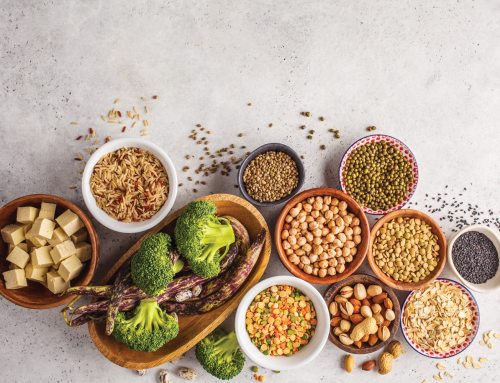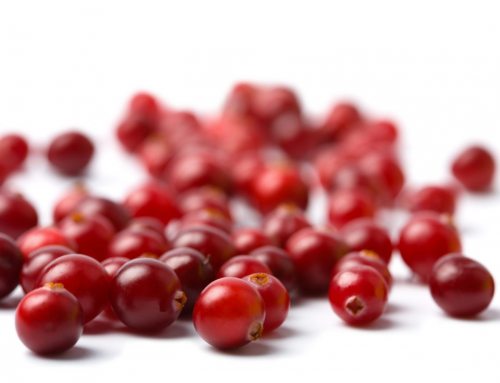
By Carolinas Healthcare System
We all know balanced nutrition is essential to leading a healthy lifestyle, but for long-distance runners and other endurance athletes, a carefully regimented diet could be the difference between finishing in the middle of the pack and breaking the tape at the finish line.
Whether you’re a “weekend warrior” or a serious competitor, your diet choices leading up to an event are crucial to maximizing your performance. The right balance of carbohydrates (both fast and slow digesting), proteins and fats in your daily diet is one of the most important ways to make the most of your training.
Fuel for the Road
Carbs have received a bit of a bad rap in recent years, but they are your body’s most important fuel source. Your body converts the sugars and starches in carbs to energy (glucose) or stores it in your liver and muscles (glycogen), which gives you both “slow release” energy for endurance and “fast release” energy for power and short spurts of intense exercise.
If you don’t have adequate carbs stored up for exercise, your body will turn to protein and fat stores for energy, which are less efficient sources of energy. As a result, your body has to work harder to burn fuel, resulting in a decrease in performance as well as the potential breakdown of your hard-earned muscle.
To avoid “hitting the wall” midrace, many endurance athletes utilize the strategy of carb-loading before an event. During a carb-loading cycle, athletes stock their muscles with glycogen by consuming easy-to-digest carbs –pasta, bread, fruits, rice, potatoes – to help ensure their muscles don’t deplete of energy stores mid-race. Most experts recommend athletes begin carb-loading two to three days prior to the event, but there are various theories of specific timing and carb ratios. It’s also important to exercise less than normal the week before the event so your body can conserve energy. As always, talk with your physician before altering your diet and consider working with a sports dietitian to assist in planning your nutrition regimen.
Proteins and Fats
It’s also important to include an adequate amount of protein and fat in your diet – especially during the training leading up to a race. Eating the right amount of protein is important because it helps your body maintain muscle mass and, as noted, both protein and fat can also be used as a backup source for fuel.
The American Orthopaedic Society for Sports Medicine recommends that protein and fat should provide approximately 12-15 percent and 20-30 percent of your daily diet, respectively.
General pre-competition guidelines:
- Eat a meal high in carbohydrates three to four hours before the event
- Drink a sports drink within one hour of the event
- Start drinking fluids two to three hours before the event to ensure proper hydration. (The American Orthopaedic Society for Sports Medicine recommends drinking 20 ounces of water one to two hours before exercise, an additional 10 to 15 ounces within 30 minutes of the event and up to 6 ounces every 10 to 20 minutes throughout competition.
# # #
To schedule a sports nutrition consultation with Alicia Fogarty MS, RD, CSSD, LDN, call 704-512-4742. If an injury is keeping you from reaching your goals, the board-certified physicians at Sports Medicine & Injury Care are available at eight convenient locations. Request an appointment online at CarolinasHealthCare.org/SportsCare or call 704-512-3994. Next-day appointment scheduling is available.







